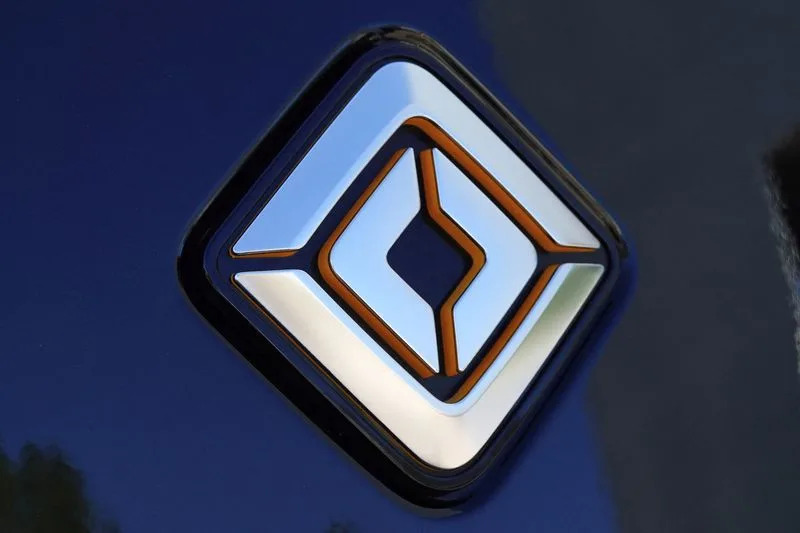Rivian said on Thursday it was on track to turn a gross profit in the fourth quarter helped by cost cuts and a sharp increase in sales of green car credits, despite a parts shortage disrupting production and weak EV demand.
Reaffirming the forecast, along with that for full-year deliveries, helped assuage investor worries from Rivian’s first drop in quarterly revenue on Thursday since going public three years ago.
Shares in Rivian were up nearly 2% after hours. The company also said it expects to report an annual gross profit in 2025.
Sales of regulatory credit was expected to be about $300 million this year and the next, up sharply from the $73 million it reported in 2023.
The California-based maker of electric SUVs and pickup trucks has been slashing costs by renegotiating supplier contracts and revamping its manufacturing processes.
Reducing costs is critical for Rivian and its peers as consumers facing high borrowing costs are choosing less expensive gasoline-electric hybrid vehicles over battery powered ones.
Similar measures helped rival Lucid cut its losses even as it slashed prices to woo customers for its luxury Air sedans. Shares in Lucid, which started taking orders for its new Gravity three-row SUV, rose 5% after hours.
To draw masses, both startups are planning to roll out more affordable models in 2026 and are trying to ensure they have enough money to survive until then.
Lucid, backed by Saudi Arabia’s Public Investment Fund, has been raising money, including $1.75 billion last month through a public offering and private placement. Rivian, backed by Amazon, entered a technology joint venture with German automaker Volkswagen Group that will provide a $5 billion lifeline.
EV makers as well as the broader auto industry are bracing for President-elect Donald Trump to impose new tariffs on vehicles from Mexico and potentially from other countries and to reverse many existing pro-electric vehicle policies.
“We’re closely analyzing a variety of outcomes that could play out with the change in administration,” Rivian CEO RJ Scaringe said.
The company has been focusing on sourcing from suppliers that are not subject to large tariffs, he told analysts on a post-earnings call.
PART SHORTAGE
A significant shortage of a metal part used in the drive unit of Rivian vehicles disrupted production in the third quarter, forcing the company to reduce its full-year production forecast to between 47,000 and 49,000 vehicles, from 57,000 units. But the company maintained its annual guidance of delivering between 50,500 and 52,000 vehicles.



